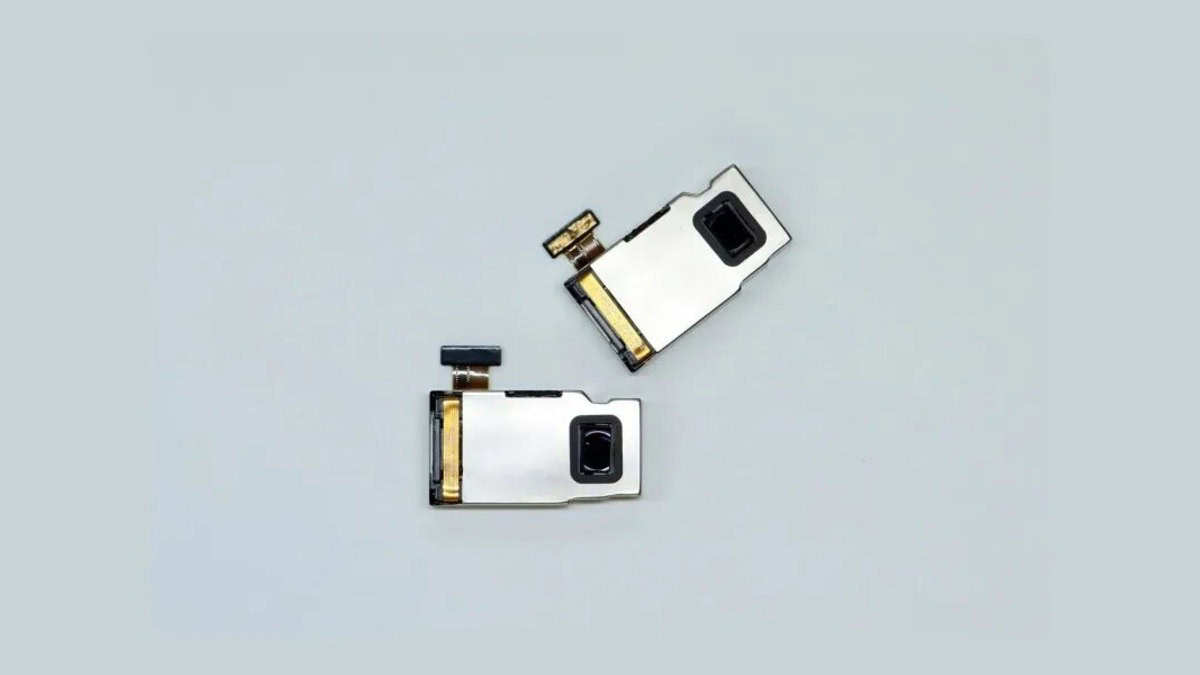Affiliate links on Android Authority may earn us a commission. Learn more.
LG's new optical zoom sensor aims to get rid of the smartphone camera bump
Published onDecember 27, 2022
- LG Innotek announced a new camera module that will allow 4-9 times magnification.
- LG claims the size of the optical zoom sensor should be small enough to remove the camera bump on smartphones.
- LG Innotek is partnering with Qualcomm to fast-track the adoption of the sensor.
Are you sick and tired of seeing camera bumps on smartphones? Apparently, LG is too as LG Innotek has announced a new camera module that it believes could mean the end for camera bumps.
Although LG has long given up on making its own phones, LG Innotek continues to be a major supplier of mobile camera modules. Its latest project appears to be an optical zoom sensor that can shift between two points.
Dubbed the “Optical Telephoto Zoom Camera Module,” LG describes its device as a “micro-component developed for the smartphone by integrating the telescopic camera functions that were mostly applied to the professional cameras such as DSLR or mirrorless camera.”
While having an optical zoom is not necessarily new — the Pixel 7 Pro and Galaxy S22 Ultra both have telephoto lenses — what is different is it offers 4-9 times magnification. The ability to move between 4x and 9x is something you commonly see in traditional cameras, but not so much in smartphone cameras.
Something else that makes this sensor different is the size. LG says that it has minimized the thickness of the module to solve the problem of smartphone camera bumps. This was done by creating a new lens design and changing the module’s structure.
In addition to this announcement, LG also revealed that it has partnered with Qualcomm to optimize the software for the Snapdragon 8 Gen 2. A plan that will help the company fast-track adoption of the sensor among global smartphone manufacturers.
The Optical Telephoto Zoom Camera Module isn’t the only product LG is bringing to CES in January, the company also recently announced it would be showing off a new gaming monitor with a record-breaking 240Hz refresh rate.
